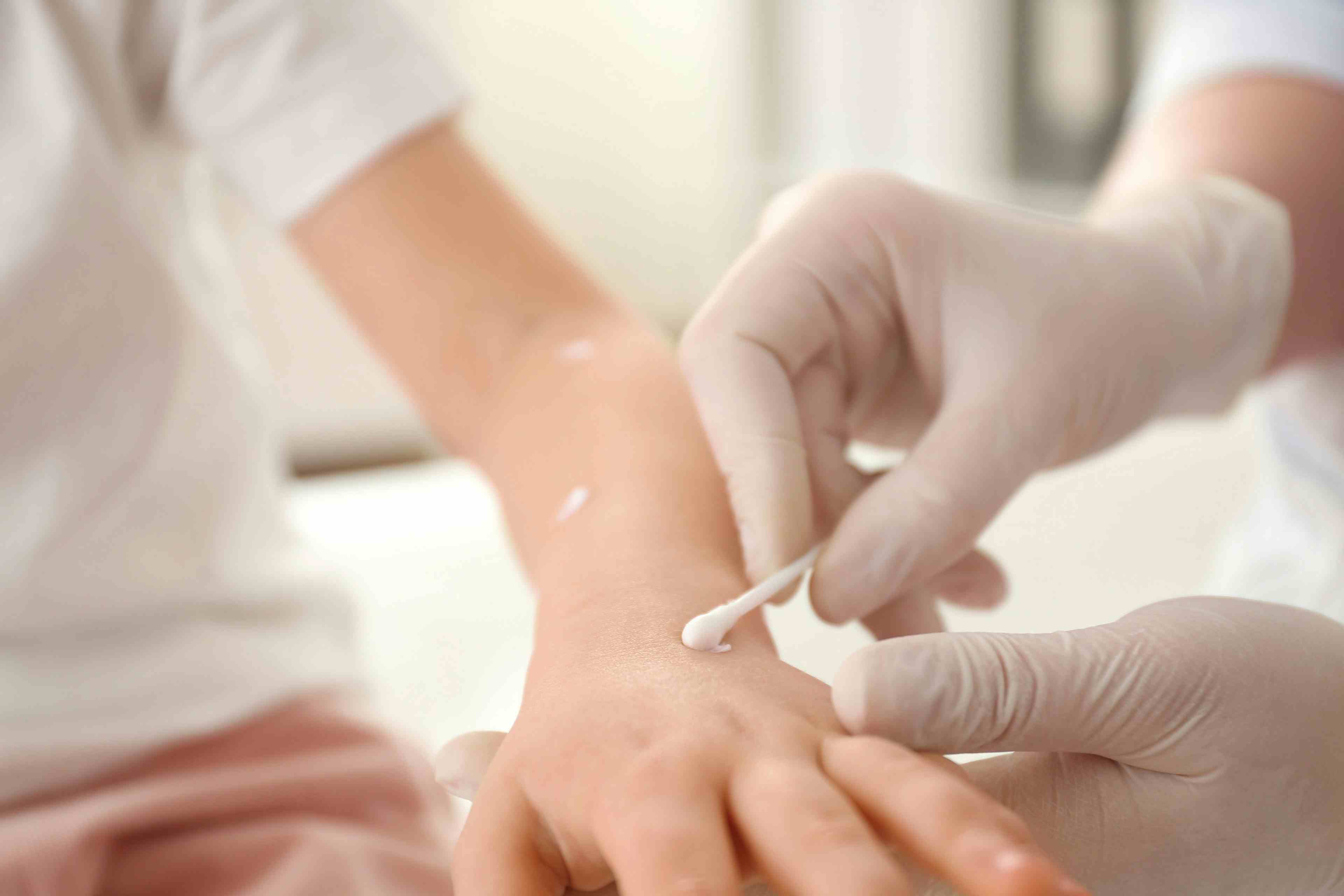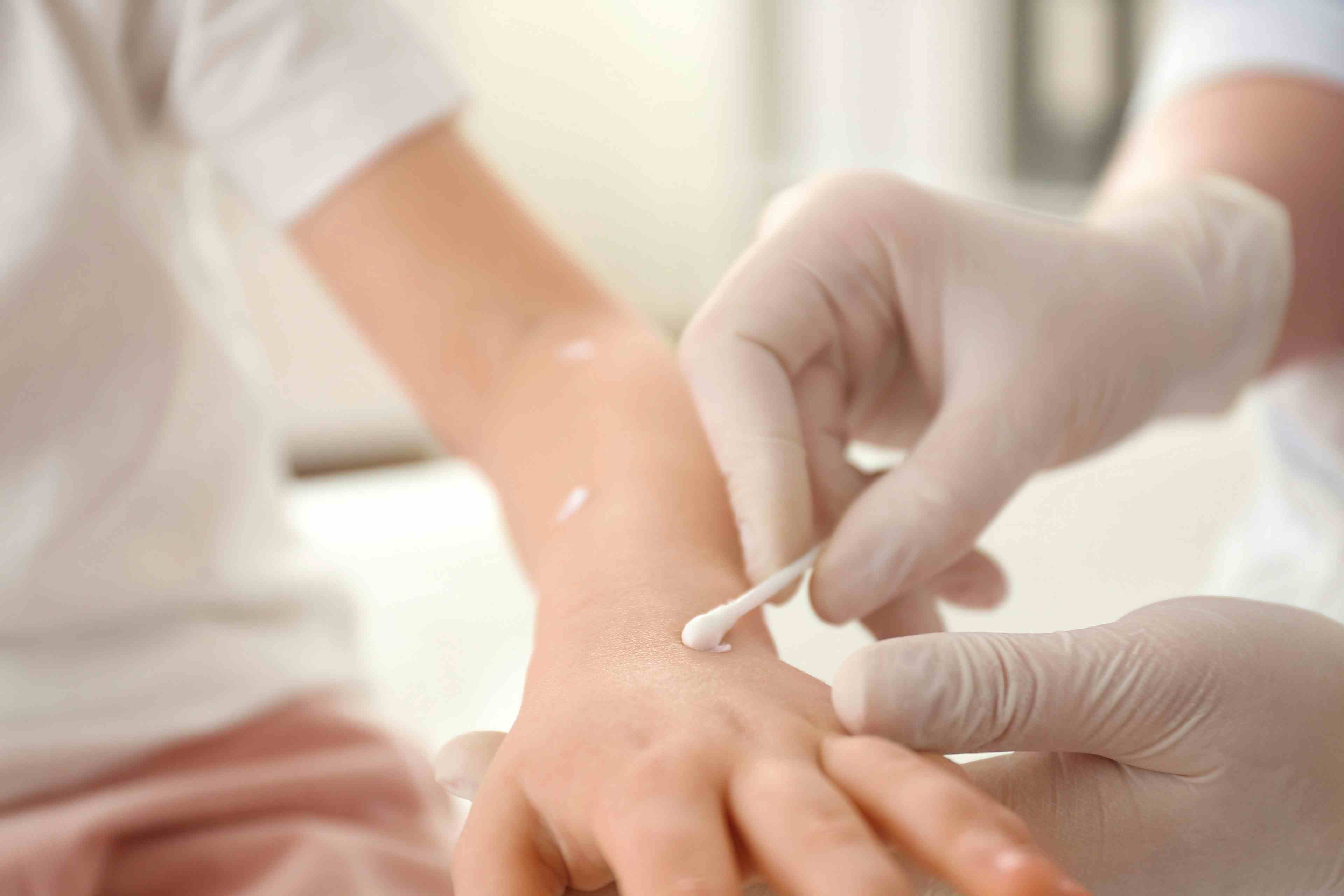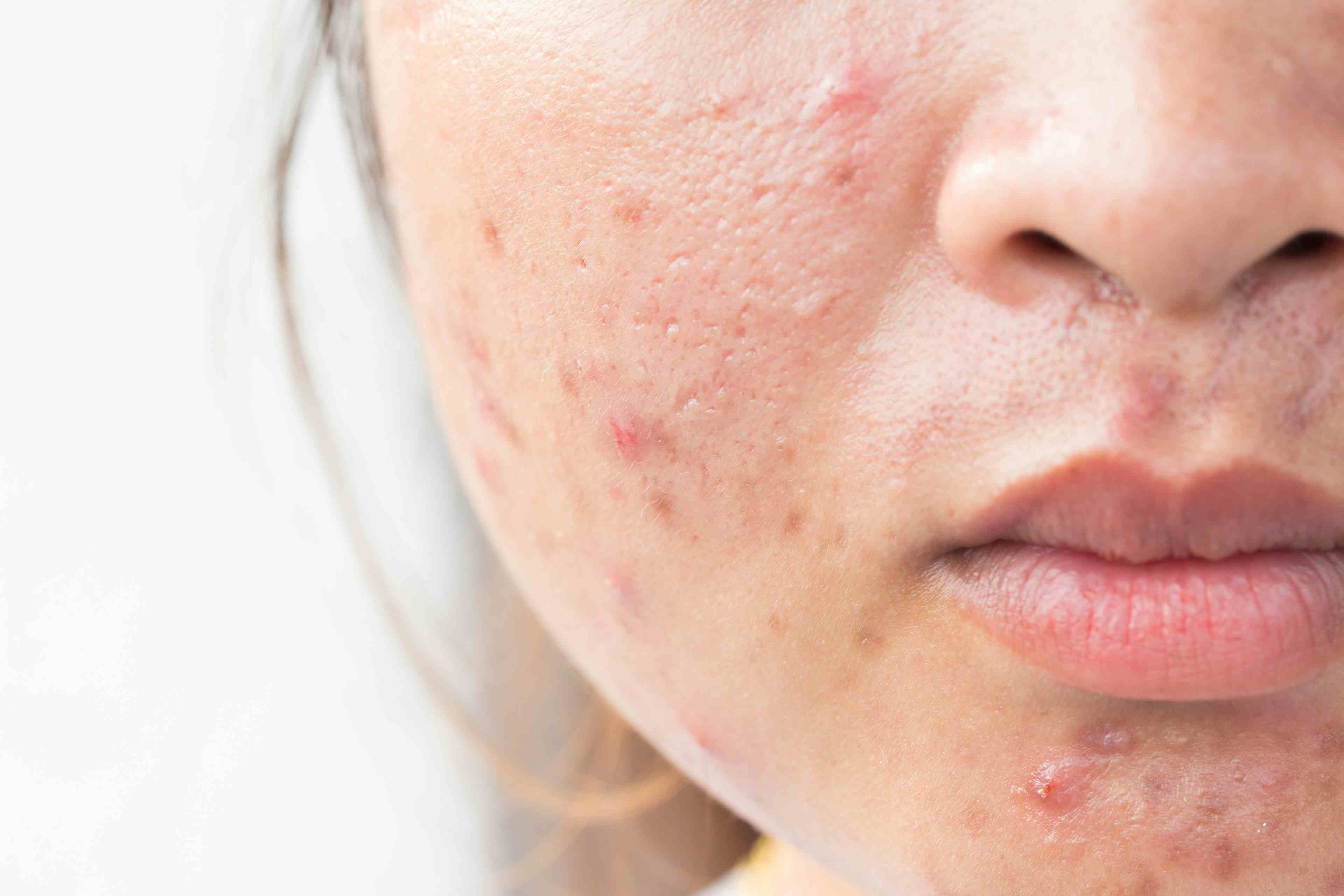- Acne
- Actinic Keratosis
- Aesthetics
- Alopecia
- Atopic Dermatitis
- Buy-and-Bill
- COVID-19
- Case-Based Roundtable
- Chronic Hand Eczema
- Chronic Spontaneous Urticaria
- Drug Watch
- Eczema
- General Dermatology
- Hidradenitis Suppurativa
- Melasma
- NP and PA
- Pediatric Dermatology
- Pigmentary Disorders
- Practice Management
- Precision Medicine and Biologics
- Prurigo Nodularis
- Psoriasis
- Psoriatic Arthritis
- Rare Disease
- Rosacea
- Skin Cancer
- Vitiligo
- Wound Care
Article
Hormonal role in pigmentation studied
Tokyo — There is the possibility that sex hormones and sex hormone-binding globulin (SHBG) may regulate melanogenesis, a recent finding that may change the way in which pigmentation is viewed, according to Taketsugu Tadokoro, M.D., Ph.D., director, department of dermatology, Osaka National Hospital, Osaka-shi, Japan.
Tokyo - There is the possibility that sex hormones and sex hormone-binding globulin (SHBG) may regulate melanogenesis, a recent finding that may change the way in which pigmentation is viewed, according to Taketsugu Tadokoro, M.D., Ph.D., director, department of dermatology, Osaka National Hospital, Osaka-shi, Japan.
Speaking here at the LVMH Research Japanese and Asian Skin Symposium, Dr. Tadokoro elaborated on how particular hormones play a critical role in the control of pigmentation. Simple clinical findings indicate that pigmentation disorders appear when the hormonal status is altered - a result clearly evident in Japanese subjects at puberty and in Korean and Chinese women during pregnancy. While this development is well known, Dr. Tadokoro's research further pinpoints androgens and their complex actions that impact skin melanocytes.
"Our last studies suggested another pathway for the regulation of melanogenesis by strong androgens, which decrease intracellular cyclic AMP levels through the cell membrane signal transduction pathway involved in SHBG (Pigment Cell Res. 2003;16:190). We speculate that strong androgens and SHBG might function as antagonists, and also that dihydrotestosterone, to which testosterone is predominantly metabolized in the classical pathway, might work as a negative feedback factor," Dr. Tadokoro says.
To further understand the instigation of pigmentation, researchers are hypothesizing that a specific membrane signaling pathway is involved in SHBG and in androgen-target cells, as well as in the androgen-AR (androgen receptor) mechanism - a conduit, which has been previously shown in human melanocytes by Dr. Tadokoro.
"We had already known that tyrosinase activities were stimulated by androgen when melanocytes were cultured continuously with hydrocortisone and bovine pituitary extract (BPE) and then were treated with fetal bovine serum (FBS), while those were reduced by androgen when contacting with BPE and FBS, even if only briefly," Dr. Tadokoro says. "This data encouraged us to investigate the hypothesis that FBS or BPE contain elements that inhibit tyrosinase activity and that androgen function in melanocytes is affected through the cell membrane signaling pathway via the SHBG-RSHBG complex."
With the possibility that sex hormones and SHBG may possibly regulate melanogenesis, the findings support the idea that the hormone balance in women shifts towards androgens around menopause and thereafter and this disequilibrium may be one explanation for the onset of pigmentation disorders at this time. This, coupled with the well-known fact that adrenal androgens are used as precursors of testosterone and DHT, even in women, makes it relatively easy for melanocytes to use humoral factors such as androgens to regulate skin pigmentation, according to Dr. Tadokoro.
Though the regulating effects of sex hormones and SHBG on melanogenesis in Dr. Tadokoro's study were not astonishing in vitro, it is well known that primary cultured melanocytes rapidly lose their response to mitogenic and/or melanogenic factors, he says.
"Thus, in vivo, the effects of SHBG might be greater than those seen in our experiments, which looked at the physiological concentration of androgens in human plasma," Dr. Tadokoro tells Dermatology Times. "Stronger effects might be shown using more concentrated sex hormones, including androgens for pigmentation on human skin.
"There are very few researchers studying melanogenesis by androgens and SHBG. I hope that dermatologists around the world become interested in this old but new matter," he says.
Newsletter
Like what you’re reading? Subscribe to Dermatology Times for weekly updates on therapies, innovations, and real-world practice tips.
















